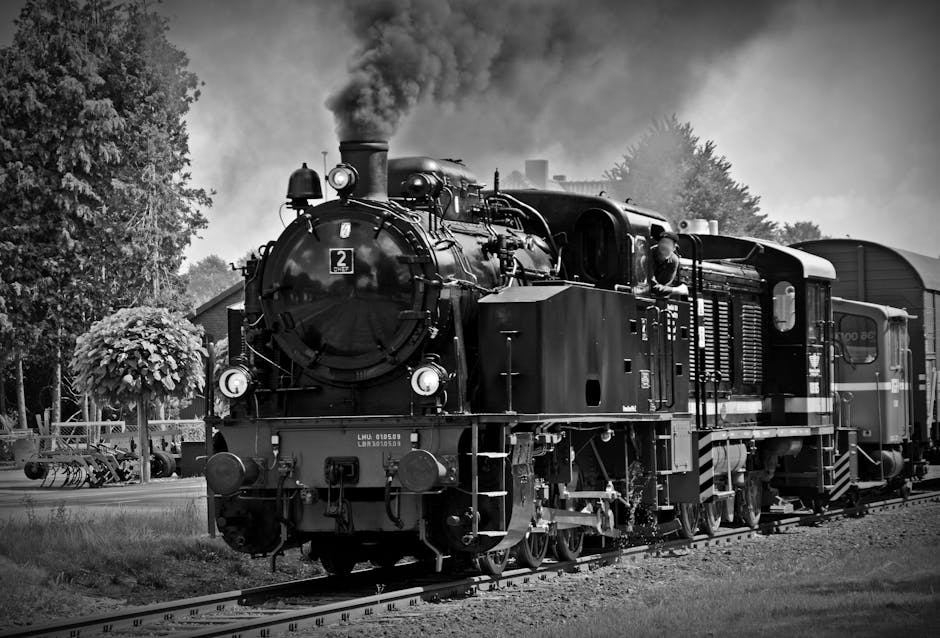Interesting Research on – What You Didn’t Know
 Comparing Types of Water Heating Systems for Your Needs
Comparing Types of Water Heating Systems for Your Needs
Selecting the appropriate water heating system is essential for maintaining comfort and efficiency in your household. With a range of choices, each offering distinct benefits and drawbacks, understanding which system suits your specific needs is imperative. This guide compares the primary types of water heating systems to aid in your decision-making process. Just click here and check it out!
0 Picture Gallery: Interesting Research on – What You Didn’t Know
Traditional Tank Water Heaters
The most prevalent type of water heater is the conventional storage tank system. These devices contain an insulated tank where water is heated and kept until needed.
Pros:
1. Availability: Since hot water is stored in a tank, it is available immediately when you turn on the faucet. 2. Ease of Installation: These systems are generally simpler and less expensive to install than more complex systems. 3. Easy Maintenance: They require straightforward maintenance, often less frequent than other systems.
Cons:
1. Energy Consumption: Constantly heating water can lead to higher energy bills. 2. Finite Hot Water: When the tank’s hot water is depleted, you have to wait for it to refill and reheat. 3. Space Requirements: These units can take up considerable space in your home.
Tankless (On-Demand) Water Heaters
Instantaneous water heaters heat water directly, bypassing the need for a storage tank. When you turn on the hot water tap, cold water travels through a pipe into the unit, where it is heated either by gas or electricity.
Benefits:
1. Energy Efficiency: Because water is heated only when needed, energy consumption is lower. 2. Continuous Hot Water: The system provides endless hot water by heating it on demand. 3. Space Efficient: Compact units can be installed in confined areas.
Disadvantages:
1. Initial Cost: Tankless water heaters are typically more expensive to purchase and install. 2. Flow Rate: Multiple simultaneous uses can overwhelm the system, leading to reduced water temperature. 3. Home Upgrades Needed: Retrofitting for tankless systems might require extra home modifications. See, this website has all the info you need to learn about this amazing product.
Heat Pump Water Heaters
Heat pump water heaters use electricity to move heat from one place to another instead of generating heat directly. These systems function by extracting heat from the air or ground and transferring it to water.
Benefits:
1. Energy Efficiency: These systems are extremely efficient, cutting down on electricity use considerably. 2. Lower Environmental Impact: Using less energy results in a reduced carbon footprint. 3. Operational Cost: Lower energy usage translates to reduced utility bills.
Drawbacks:
1. High Initial Cost: The upfront investment is greater than that of traditional water heaters. 2. Climate Sensitivity: In colder climates, efficiency may drop as the system depends on ambient heat. 3. Space: Requires a substantial amount of space for installation and proper ventilation.
Solar Water Heaters
These heaters utilize solar energy to heat water directly or via a fluid that transfers the heat.
Benefits:
1. Renewable Energy: Solar energy is free and reduces dependence on fossil fuels. 2. Cost Savings: Significant reduction in utility bills over time due to the use of free solar energy. 3. Sustainable: This system generates no greenhouse gas emissions during use.
Disadvantages:
1. Weather Reliant: Efficiency may suffer on cloudy days or in regions with less sunlight. 2. Installation Cost: High initial costs for purchasing and installing the system. 3. Space Demand: Proper orientation and ample roof space are necessary for optimal efficiency of solar panels.
Condensing Water Heaters
Condensing water heaters, while similar to conventional storage tank models, offer enhanced efficiency. They capture and utilize the heat from exhaust gases that would otherwise be vented out, using it to heat the water.
Advantages:
1. Energy Efficiency: Higher efficiency compared to traditional storage tank heaters. 2. Cost Savings: Reduced energy bills due to better use of heat. 3. Eco-Friendly: Lower emissions as more heat is utilized in the water heating process.
Disadvantages:
1. Complex Maintenance: These advanced systems may need more regular maintenance. 2. Upfront Expense: The initial cost is higher than non-condensing versions. 3. Space Intensive: Installation may demand more space because of extra components. Click here to get even more info on the subject!
More ideas: look these up
This post topic: Home Products & Services